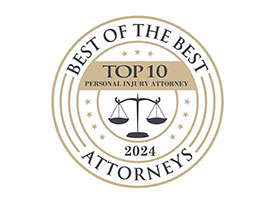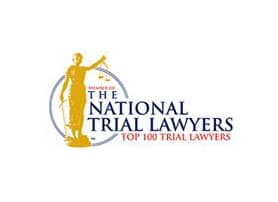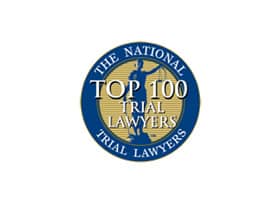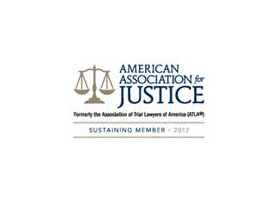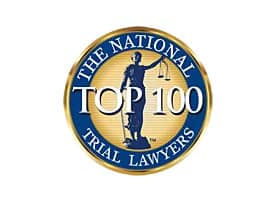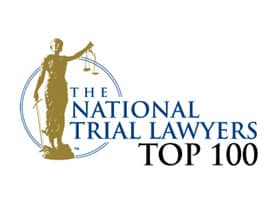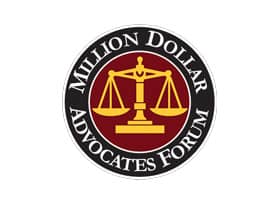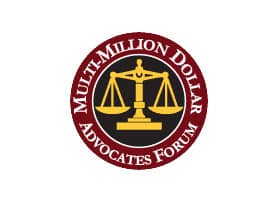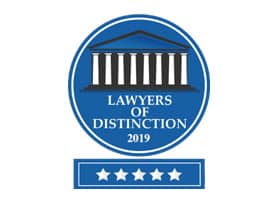Can Coaches or Officials Be Held Liable for a Student Athlete’s Concussion Injury?
In the wake of extensive media coverage of the increasing incidence of concussions among football players, both professional and in high school or college, questions have arisen regarding the potential liability for such injuries. Under what circumstances might a coach be held responsible for injuries stemming from a concussion? Or even a referee or official?
Some states have even enacted legislation requiring coaches to be trained to recognize the symptoms of a concussion and to take specific steps when a player shows the telltale signs. In Oregon, what is known as Max’s Law, mandates that coaches learn how to identify when a player has sustained a concussion, that the coach keep a player out of a game or practice immediately following diagnosis, and that the player not be allowed to return to practice or play until cleared by a doctor. The Oregon legislature is currently considering a new statute that would extend the provisions of Max’s Law to all youth sports teams, whether or not they are affiliated with a school, and would extend liability to umpires and officials.
Lawmakers passed the New Jersey Concussion Law in December, 2010, and it has been in effect since the beginning of the 2011-2012 academic year. The law requires that all public and private school districts in New Jersey develop policies to handle head injuries suffered in sports. The school district must put together a fact sheet, to be signed by parents and athletes, and must offer head injury safety training programs for school nurses, physicians and coaches. Athletic trainers must meet continuing education requirements that specifically include concussion injuries. To date, New Jersey statute does not extend liability to officials.
Under the New Jersey statute, a player must be immediately removed from play or practice if a concussion is suspected. Furthermore, the player may not return to practice or play a game on the same day a concussion is diagnosed or suspected. Before returning to any athletic activity, a player diagnosed with a concussion must have a medical evaluation and obtain clearance to play. Even then, the return must typically be on a graduated basis.
Contact Attorney Howard D. Popper
To schedule an appointment to discuss a personal injury claim, contact us online or call attorney Popper at
